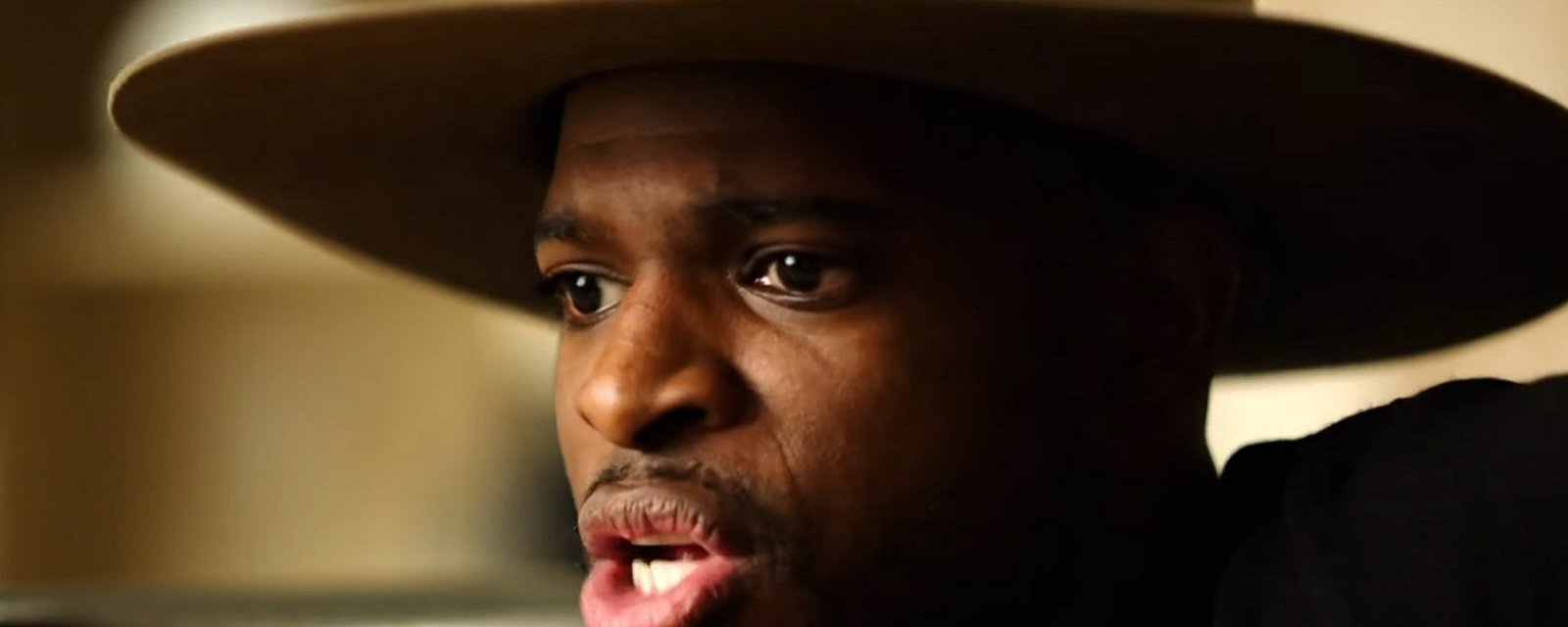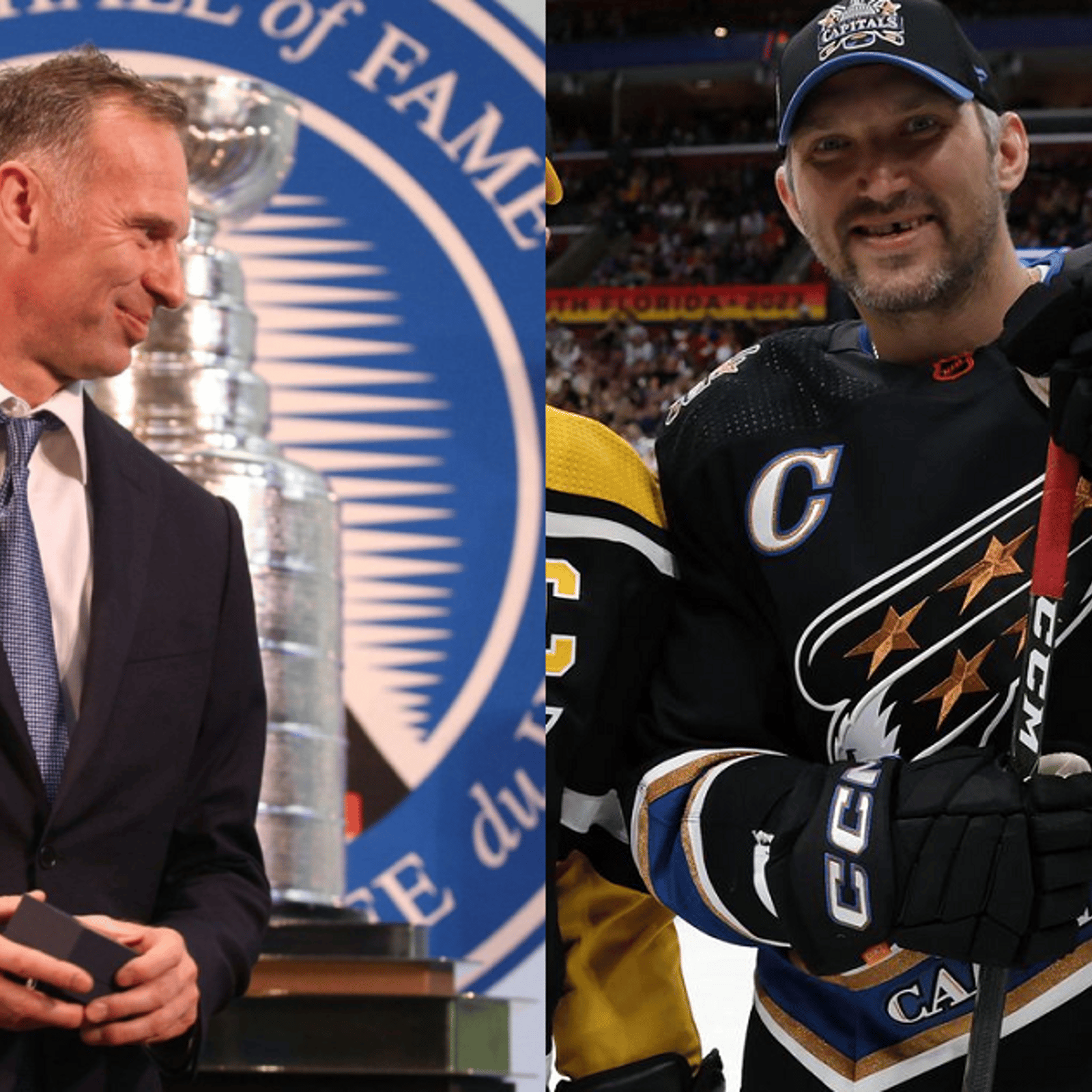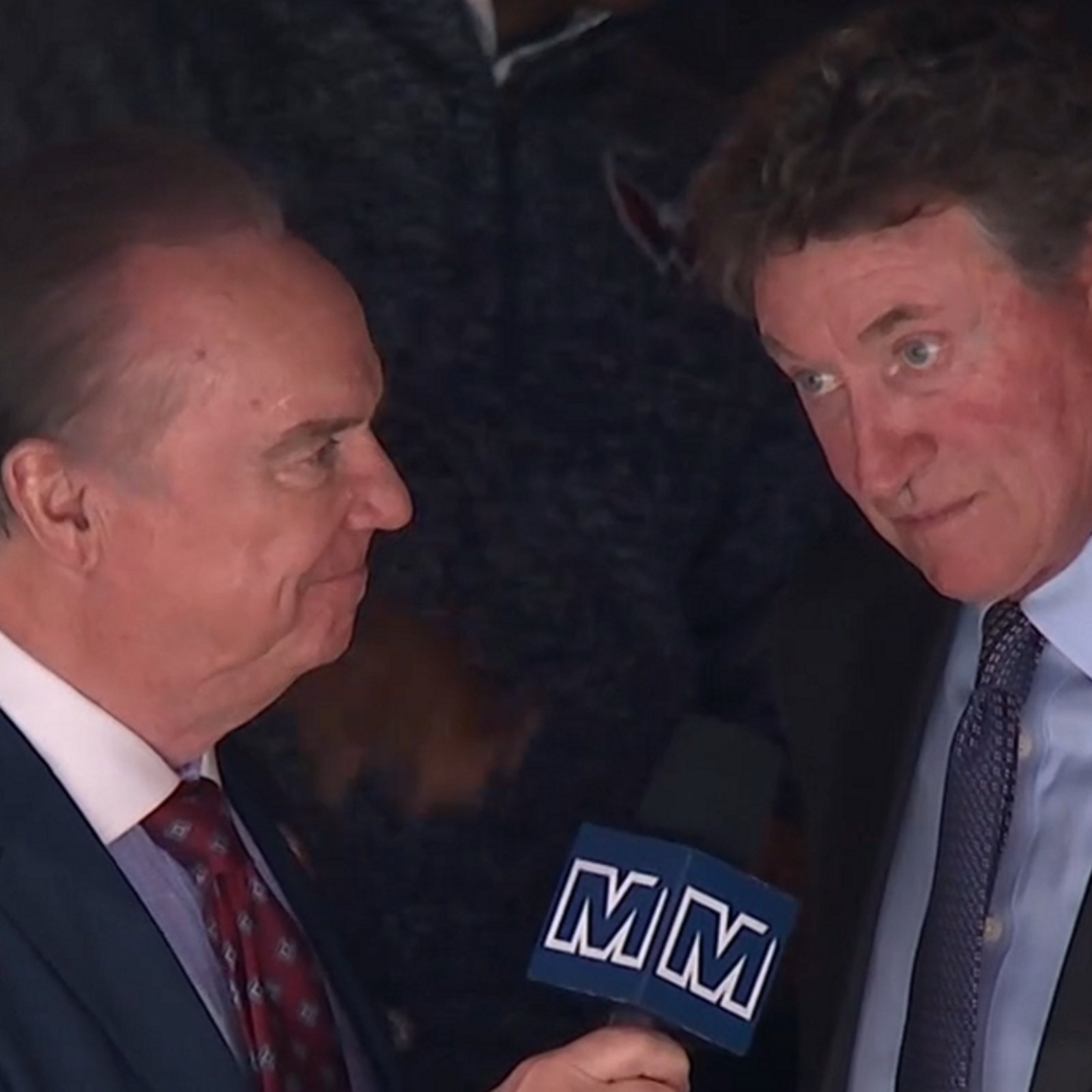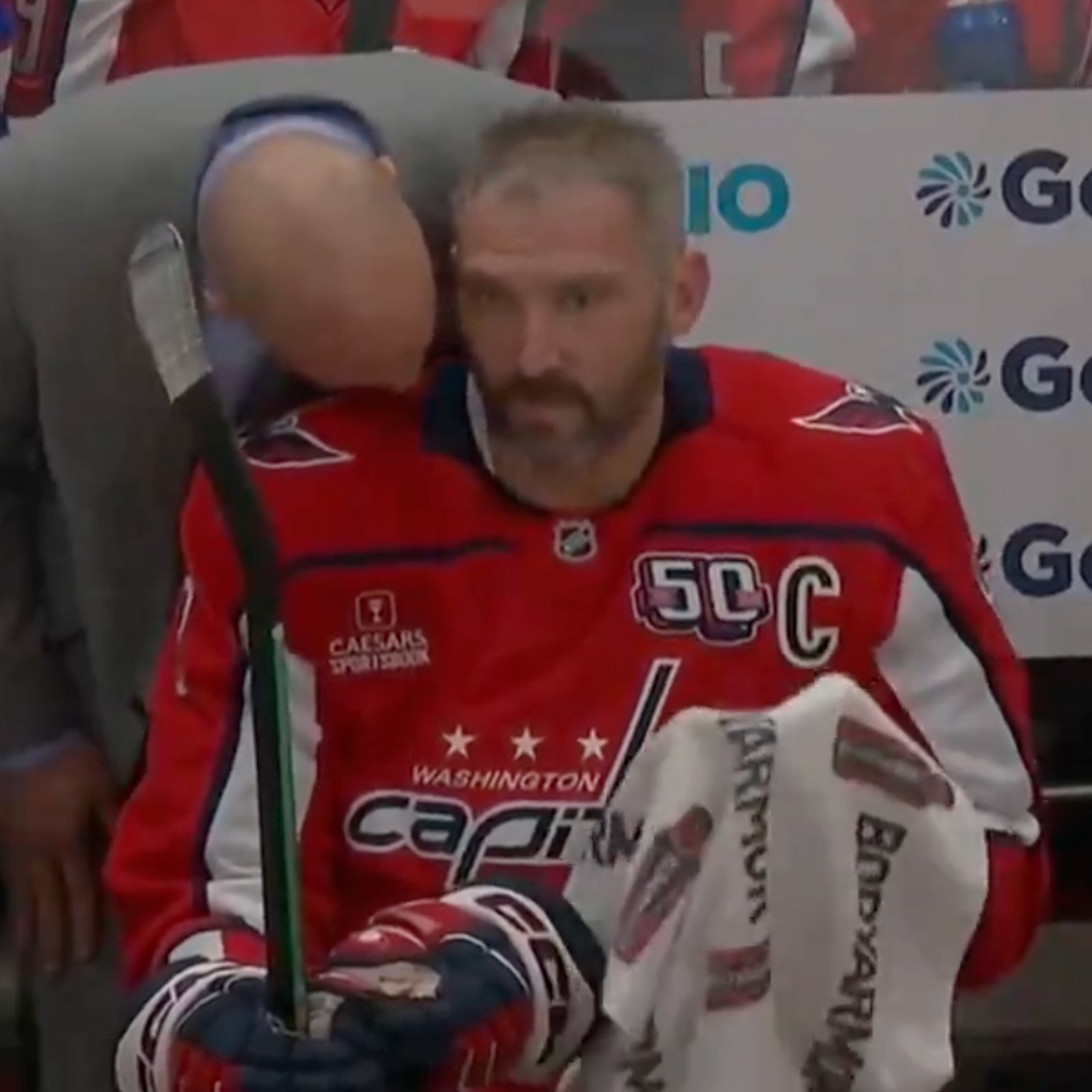
P.K. Subban issues a warning regarding the Pride Night controversies.
The former National Hockey League defenseman issues a warning about potentially pushing players too far.
The National Hockey League has been mired in controversies this season related to Pride Night events across the league, so much so that the league is now seriously considering scrapping the events alltogether.
The controversies have all stemmed from players refusing to participate in Pride Night events for a variety of reasons, including religious, political, and even safety concerns in some cases. As the season wore on and more and more teams put on their own version of the event, more and more players opted out of the events, every time creating another controversy for the NHL to have to deal with.
Some have argued that more pressure should be placed on the players who are opting out of the events, but this week former NHL defenseman P.K. Subban made it clear that he feels that would be a mistake. The comments were surprising given that Subban himself has been a prominent activist athlete during his time in the NHL, most notably for the Montreal Children's Hospital (an organization that he has raised millions of dollars for), but he clearly feels that it is not a role that everyone should be forced to take on.
"We cannot push everyone to be an activist, we need to be very careful," said Subban this week as per Reuters. "I feel people pick and choose what they want to talk about and I don't like it when we put the onus on athletes to be activists."
Subban warned that forcing players into those roles could have unforeseen circumstances, regardless of how you may feel about the issue.
"They don't need to be activists," said Subban.
"I'm not saying it is right or wrong to wear the (Pride) jersey, we have just got to be very careful how we push players to do things."
He also pointed out that there are many forms of support, a particularly relevant point when considering the players who have opted out of public displays of such support over safety concerns.
"You can support the LGBTQ community without having to wear a hat, a t-shirt or a jersey," said Subban.

- Jonathan Larivee
Dominik Hasek launches unhinged attack on Ovechkin and the NHL.
- NHL News
- 5 minutes read

- Jonathan Larivee
Wayne Gretzky shows his true colors the moment Alex Ovechkin ties his record.
- NHL News
- 3 minutes read

- Chris Gosselin
Alex Ovechkin refused to go on the ice during empty net when he could have broken Gretzky’s record
- NHL News
- 3 minutes read


